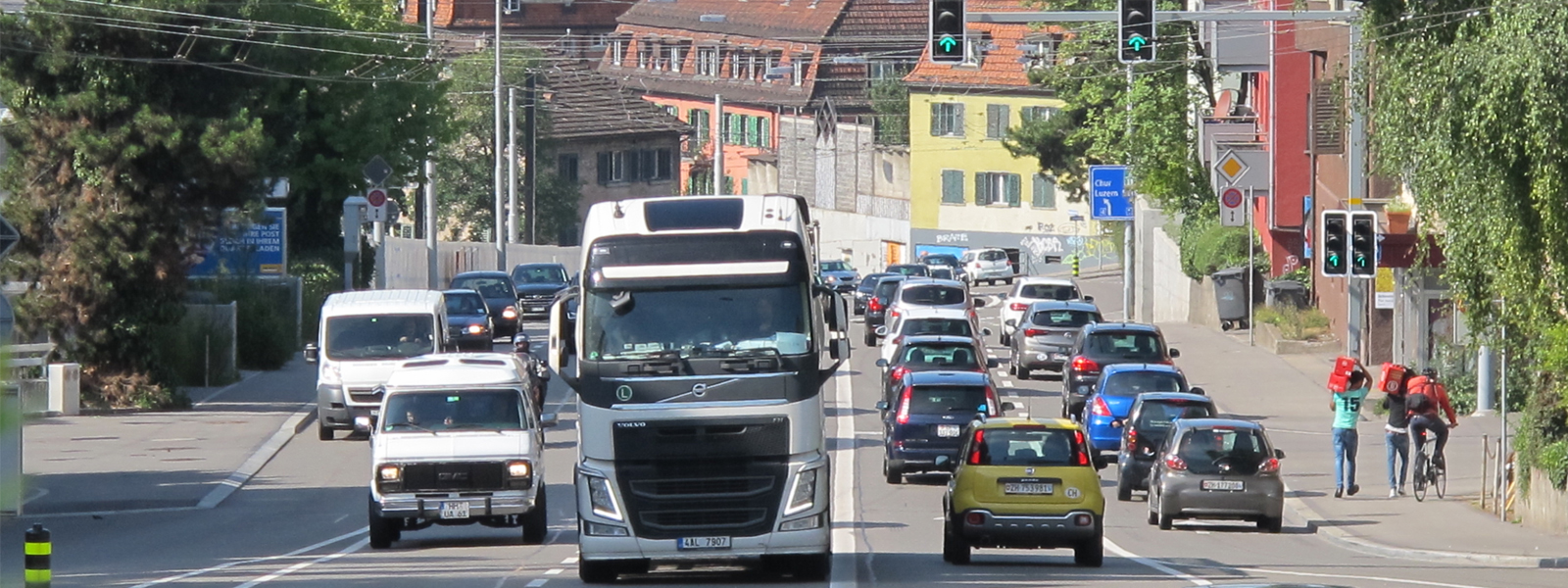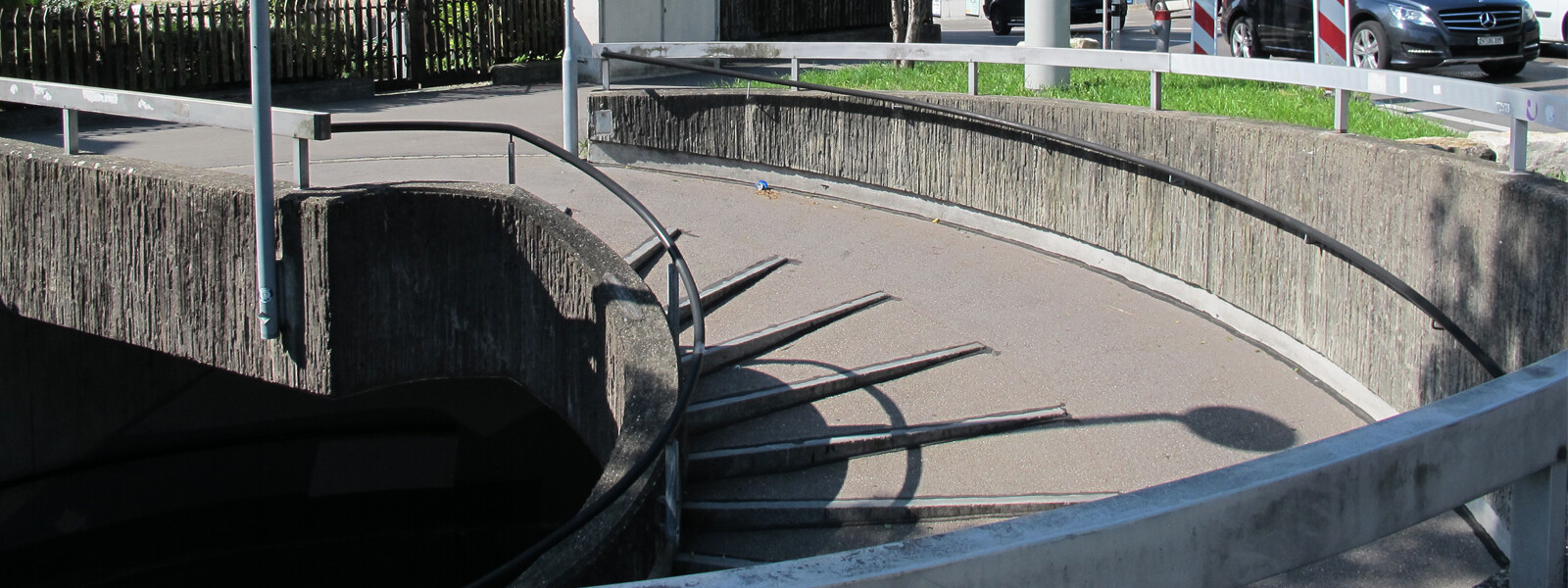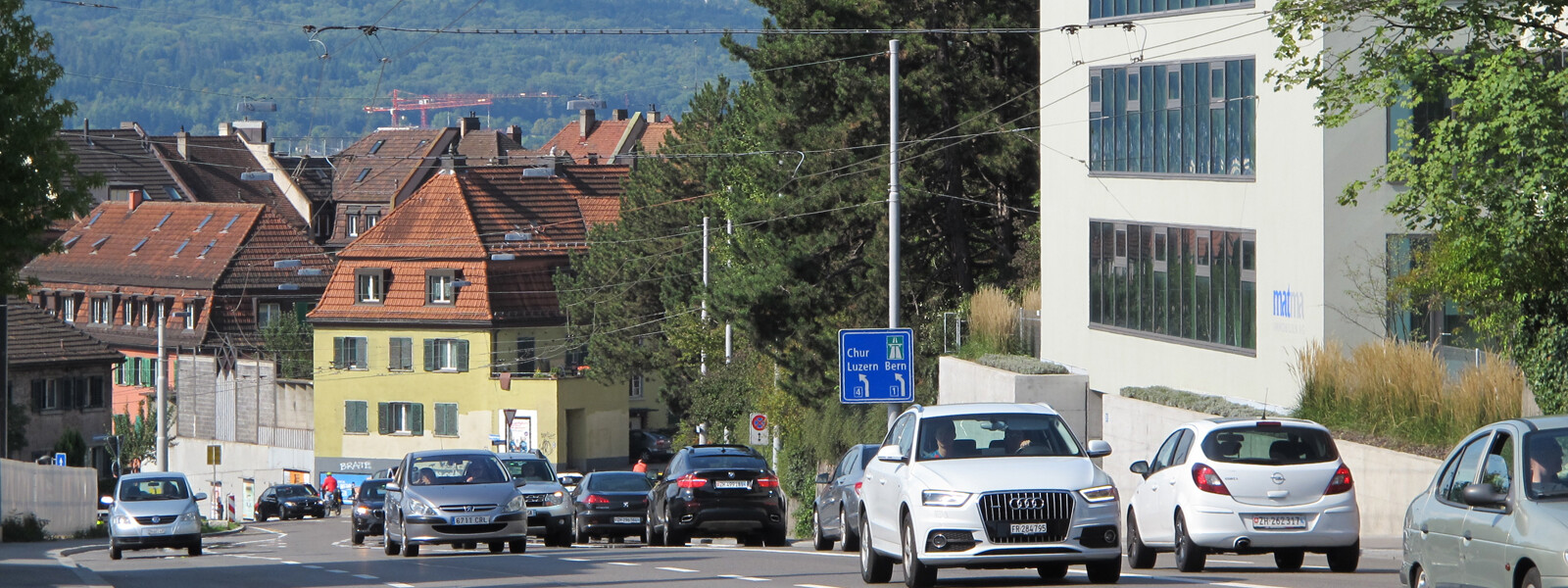Ethnography of Urban Territories literally invites us to roam the streets of Mexico City. Based on the experience of 12 years intense empirical and theoretical commitment with the urban question in Mexico City, the book offers not only a compelling close look to everyday life in this metropolis, but also a novel interpretation of urbanization processes by focusing on inherent but often underrepresented power relations in the production and appropriation of urban territories.
In this book launch, the author Monika Streule explores and discusses the experimental, critical, and self-reflective use of differing methods in urban studies. One of the main concerns of the book unfolds around the question of how can qualitative-empirical methods, like ethnography or qualitative mapping, be adapted to explore contemporary urban conditions? The book seeks to contribute to current debates by suggesting a socio-territorial perspective and by introducing specific methodological design of a mobile ethnography that enables an analysis of large and heterogeneous urban territories. By suggesting different representations of the urban, the book thus emphasizes how important it is to transductively entangle empirical and theoretical conceptualizations to further decenter urban knowledge production.
Invited lecture at Think & Drink Colloquium, HU-Berlin Department of Urban and Regional Sociology and the Georg Simmel Centre for Metropolitan Studies, December 17, 2018, Berlin





